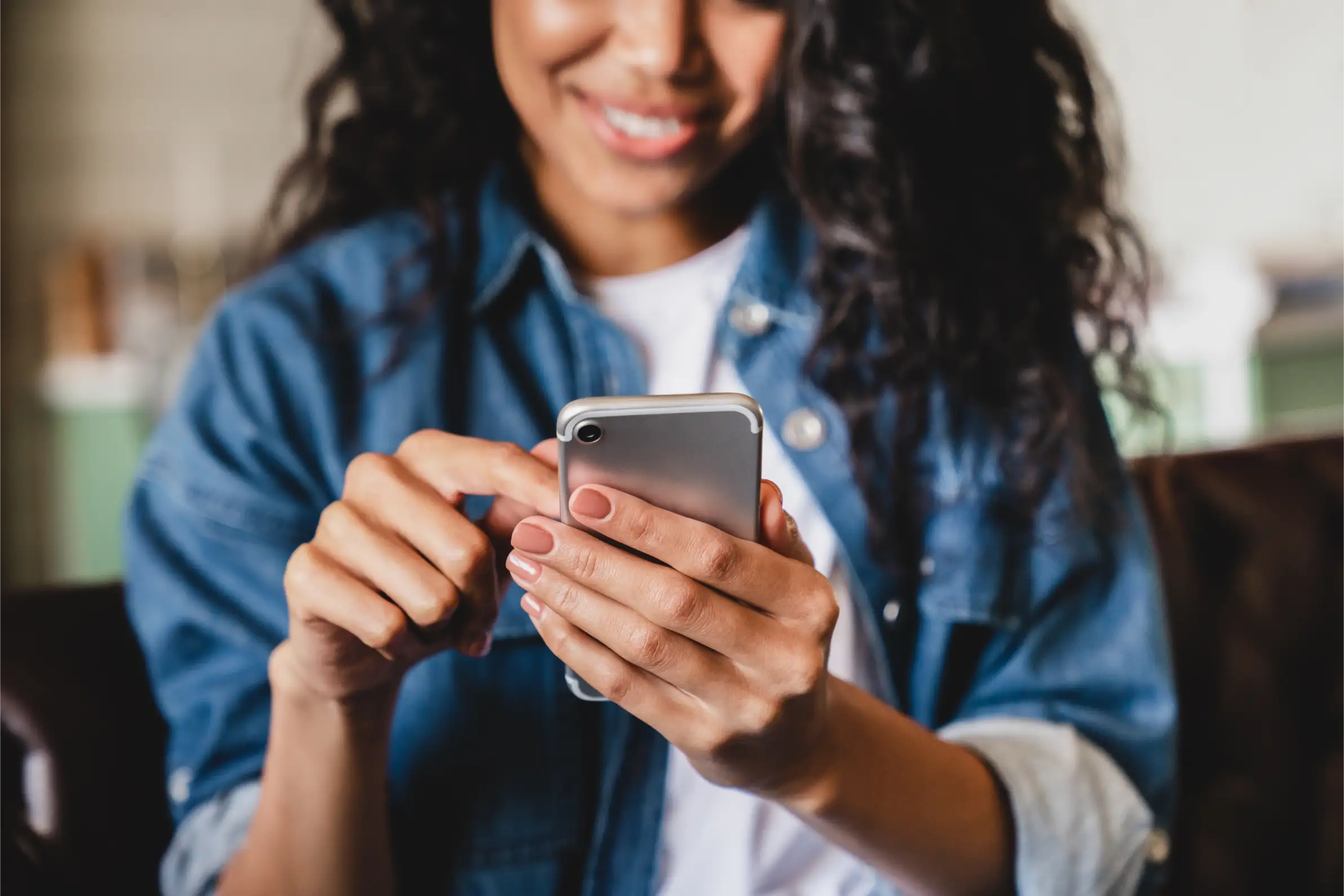For students, the conversation is about how smartphones shape focus, academic success, and even mental health. Whether this has been an ongoing effort in your community or not, it is important to address the underlying question about the role of smartphones in your life.
From France’s nationwide restrictions to strict school policies in China and growing debates in the United States, smartphone bans are becoming a global trend. The ban reflects growing concerns about distraction, declining academic performance, and mental health, but there are remaining questions about digital literacy and equal access to technology.
South Korea
In August 2025, South Korea passed legislation banning mobile phones and digital devices in public school classrooms, set to take effect in March 2026. The policy reflects growing concern over excessive smartphone and social media use among students. A government survey revealed that 37% of middle and high school students feel smartphones interfere with their daily lives, while 22% report experiencing anxiety when they don’t have access. Exceptions are allowed for students with disabilities or educational needs (Reuters).
Improve Your AP Grades Within One Semester
Brazil
In early 2025, Brazil passed a federal law restricting smartphone use in elementary and high schools, with exceptions only for emergencies, educational activities, or students with disabilities. The legislation is designed to foster more focused learning environments and reduce distractions in the classroom. The policy has received broad political and public support, as surveys show many Brazilians believe smartphones cause more harm than good for students (AP News).
Japan
In August 2025, the city of Toyoake in central Japan introduced a non-binding guideline limiting daily smartphone use to two hours and recommending curfews – 9 p.m. for children and 10 p.m. for adults. The initiative aims to improve sleep and mental health, while also reducing social isolation. However, the proposal has sparked controversy, especially among the youth, with 80% of residents reportedly unhappy, and more than 120 formal complaints have already been filed (India Times).
Other Regions
Beyond Asia and South America, many other countries are experimenting with smartphone restrictions in schools. France, Spain, Finland, Australia, and several U.S. states have rolled out policies shaped by local debates over screen time, academic performance, and student well-being. While some nations have chosen outright bans, others are testing partial restrictions.
Students' Experience with the Ban
The impact of smartphone bans varies widely depending on how schools introduce and enforce them.
A recent article in The Washington Post showed that students often resist restrictions at first but eventually adjust. Many find themselves engaging more in lessons and spending breaks socializing face-to-face instead of scrolling on their phones. Instead of phones, schools in upstate New York have replaced screens with puzzles, board games, and foosball tables. Those are the changes that have noticeably boosted cafeteria chatter and peer connections.
In New York, some high schools have seen an unexpected shift. Students who initially disliked the ban later acknowledged benefits such as better concentration, improved grades, and more active participation in extracurricular activities (Bloomberg).
Elsewhere, schools in Australia are trying out practical solutions such as storing devices in locked pouches or encouraging students to switch to “dumb phones,” which can only make calls and send texts (Herald Sun). These approaches highlight how student experiences with smartphone bans are not one-size-fits-all but instead are shaped by local culture, school policies, and creative alternatives.
Smartphone Ban Research Findings
While smartphone bans in schools are gaining momentum worldwide, research shows that their effectiveness is mixed. Experts suggest that a school’s attitude toward technology may play a greater role in youth well-being than outright restrictions.
A landmark UK study of 1,227 students found no clear differences in mental health, sleep, grades, or classroom behavior between schools with bans and those without. Phone bans reduced daily use by approximately 40 minutes and social media scrolling by about 30 minutes, but the overall impact was limited (University of Birmingham, The Guardian).
A separate meta-analysis of five studies found small but positive effects on social well-being, such as reduced bullying and more in-person interaction. However, it found little impact on academic performance. Researchers concluded that while bans may help in certain contexts, they should be paired with digital media education to build healthier long-term habits (MDPI).
Once again, experts widely agree that bans on their own are not enough. Lasting change depends on helping students develop healthy digital habits and stronger media literacy.
Aralia Students Are 4x More Likely to Publish a Research Paper
What You Should Do As a Student
Looking beyond smartphone bans, it’s clear that the real issue isn’t the devices themselves, but how we use them. Many mobile apps are designed with curated algorithms that keep us hooked, often at the expense of our focus, conversations, and mental health. This results in shorter attention span, weaker memory, and higher social anxiety. A preventive mindset is so much more preferable than any bans, and we need to use the internet with a purpose.
The benefits of moderating your screen time are significant. By limiting smartphone use, you can:
- Protect your attention span and memory.
- Reduced classroom distractions and improved concentration.
- More face-to-face social interaction.
- Fewer opportunities for cyberbullying and social media pressure (KFF, The Washington Post, MDPI).
Remember, we often realize the consequences of uncontrolled mobile phone use much later. A recent BMC Public Health study (2024) found that problematic smartphone use is strongly linked to self-reported distraction and attention deficits across age groups. In simple terms, many people feel their attention is suffering because of their phone habits.
How to Navigate the Changes
Smartphone bans can support learning environments, but they are most effective if you understand the effort behind them and act for your own well-being. You will come to value the benefits of using smartphones purposefully: stronger focus in class, better friendships, and more active participation in school life.
Still, building better habits can be difficult without support. That’s where Aralia Education can help. With guidance from experienced teachers, you’ll get personalized support to tackle challenging school subjects, craft standout college essays, and prepare for advanced exams and competitions. Having a study partner can make all the difference and help you reach your goals with confidence.








